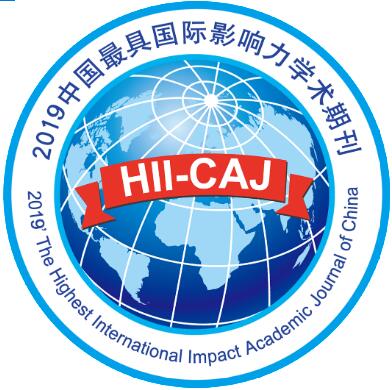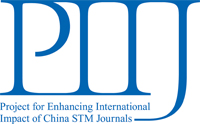Background
The incidence of colorectal cancer is high among the elderly. Traditional Chinese medicine (TCM) has been widely used in the treatment for colorectal cancer of old people. However, controlled trials with large sample size evaluating the effect of TCM are rare.
Objective
This research aimed to evaluate the survival benefit of using TCM syndrome differentiation treatment for elderly patients with stage Ⅱ or Ⅲ colorectal cancer. Design, setting, participants and interventions: A total of 78 patients over 70 with resected stage Ⅱ or Ⅲ colorectal cancer were selected from the First Department of Oncology, Longhua Hospital of Shanghai University of Traditional Chinese Medicine, and Department of Anorectal Surgery, Changhai Hospital of Second Military Medical University. Patients were assigned to either integrated treatment group or Western medicine group by their own wills.Main outcome measures: Cox regression analysis was performed to determine all the potential factors which may affect prognosis such as gender, primary site, pathological type, TNM stage, chemotherapy period, radiotherapy and TCM therapy.
Results
A total of 78 cases were included in this study with 37 cases in integrated treatment group and 41 cases in Western medicine group. Cox regression analysis suggested that the TNM stage (P=0.001) and TCM therapy (P=0.021) were independent prognostic factors. The hazard ratio [Exp(β)] of TCM therapy was 0.393, and 95% confidence interval (CI) was 0.178-0.870. Median disease-free survival (DFS) of Western medicine group was 41.293 months. DFS of integrated treatment group did not reach the median at the time of analysis. There was significant difference between the two groups (P=0.012). The 1-, 2-, 3-, 4-, and 5-year DFS rates of Western medicine group were 87.7%, 69.6%, 63.4%, 46.5%, and 29.6%, respectively. The 1-, 2-, 3-, 4-, and 5-year DFS rates of integrated therapy group were 100%, 86.3%, 74.6%, 74.6%, and 74.6%, respectively.
Conclusion
TCM syndrome differentiation and treatment is important for improving the prognosis of stage Ⅱ or Ⅲ colorectal cancer in elderly patients. Integrated treatment shows benefit for reducing relapse and metastasis rates, and prolonging survival for elderly patients. The influence of integrated treatment needs to be further evaluated.
 Table of Content
Table of Content














